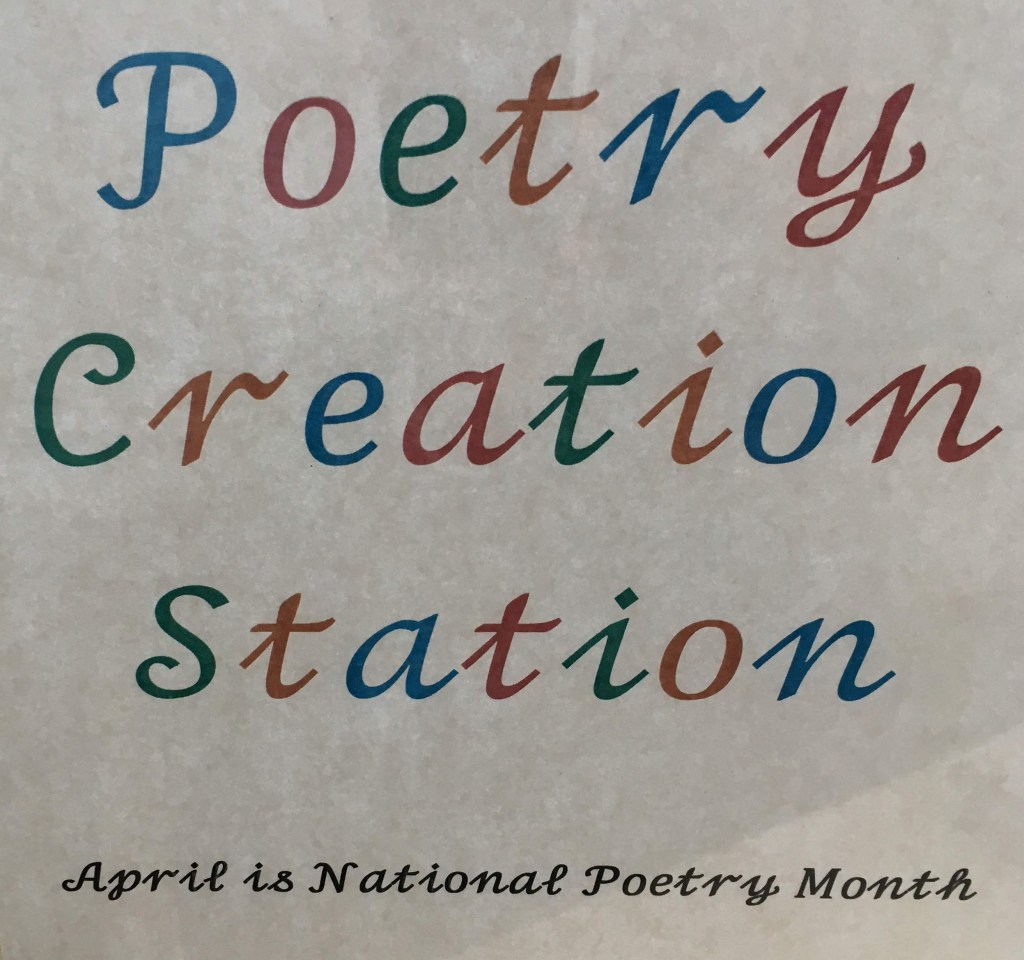In Canada we joke that we have two seasons: winter and construction.
From when the snow melts in spring until it builds up in mounds again the following winter, barriers and pylons obstruct streets and roads.

This summer my home lay at the heart of a vortex of road improvements. Crews tore up ditches in one direction to make room for bicycle lanes. Workers in another direction stripped old asphalt, shored up the shoulders with thick gravel, and laid down a fresh layer of pavement.

While construction was underway, the posted signs read, “Danger due to construction.” Now I walk along this road, with its strong shoulders and new pavement—construction danger in the past.
The unblemished brightness of it symbolizes to me the fresh start of autumn. As road construction slows down in our northern climate, we begin different kinds of construction. New school projects, new organizational meetings, new roads to new adventures.
I wonder what I’ll build this winter? What dangers will I face? I can’t wait to find out.
What are you constructing these days?

